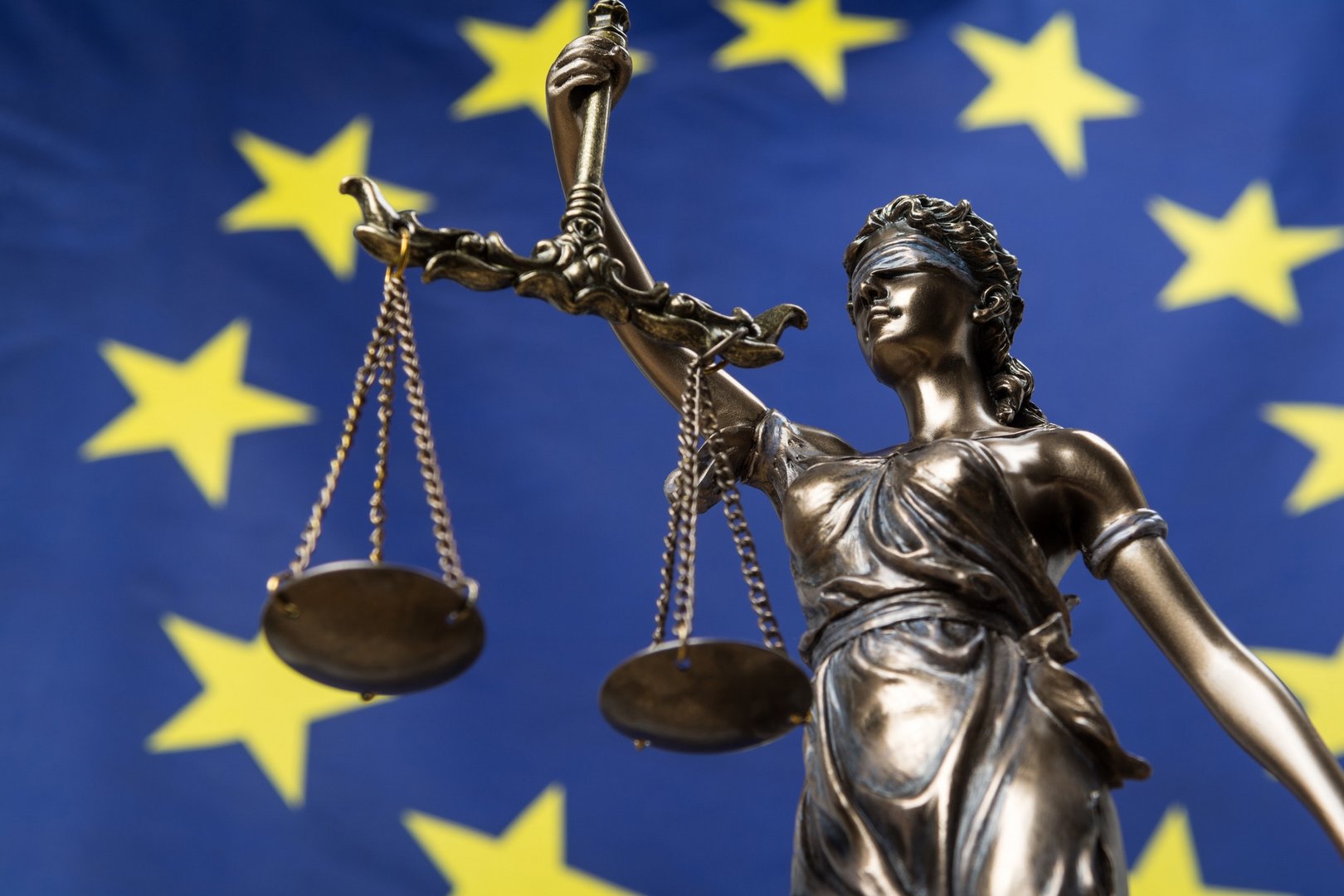By Kyriaki Stinga and Adonis Zachariou
European Union court ruled in favour of annulling a renewal of sanctions on a Russian national
A very significant development in terms of sanctions (restrictive measures with regard to actions compromising or threatening the territorial integrity, sovereignty and independence of Ukraine) imposed by the European Union on individuals took place in Luxembourg on September 6, 2023.
Sanctioning of an influential businessman
In particular, on the first Wednesday of September, the General Court of the European Union (First Tribunal) ruled in favour of annulling a renewal of sanctions imposed on Aleksandr Aleksandrovich Shulgin, a businessman of Russian nationality who was on the list annexed to Decision 2014/145 and to Annex I to the Regulation no.269/2014, as amended (the ‘lists’ or the ‘maintenance acts’). The reason the EU Council (the ‘Council’) decided to include Shulgin in the aforementioned sanctions list was, namely, “his position as an influential businessman and the CEO of Ozon, the leading multi-category e-commerce platform in Russia. On February 24, 2022, Shulgin participated in the meeting of the oligarchs in the Kremlin with President Vladimir Putin to discuss the impact of the choices to be made in the wake of Western sanctions. The fact that he was invited to participate in this meeting shows that he is part of the inner circle of oligarchs close to President Putin and that he supports or implements actions or policies that undermine or threaten territorial integrity, sovereignty, and independence of Ukraine, as well as stability and security in Ukraine. Furthermore, he is active in economic sectors which constitute a substantial source of income for the government of the Russian Federation, which is responsible for the annexation of Crimea and the destabilisation of Ukraine.”
Renewal of sanctions
Five months following his first listing in the sanctions lists, although Shulgin had resigned from his position at Ozon, the Council decided to extend the application of its initial acts for an additional six-month period without citing the rationale or the grounds upon which it had decided to retain Shulgin’s name in the said lists, and without being able to provide new evidence to support its decision.
Application to contest the renewal
Applying to the General Court, Shulgin argued that there was an error of assessment by the Council maintaining him on the lists as it had drawn no conclusions from the change in his personal situation, namely, his resignation from Ozon. The fact that he no longer held any position within the Ozon group, which was the basis for his initial registration on the lists in question, should have prevented him from being qualified as an influential businessman within the meaning of the criteria examined for his initial sanctioning. While reviewing Shulgin’s appeal, the General Court noted that “It is important to remember that restrictive measures have a conservatory and, by definition, provisional nature, the validity of which is always subject to the perpetuation of the factual and legal circumstances which governed their adoption as well as to the necessity of their maintenance in force, with a view to achieving the objective associated with them. It is therefore incumbent on the Council, during the periodic review of these restrictive measures, to carry out an updated assessment of the situation and to establish an assessment of the impact of such measures, with a view to determining whether they have made it possible to achieve the objectives pursued by the initial inclusion of the names of the persons and entities concerned on the disputed list or if it is still possible to draw the same conclusion concerning the said persons and entities”
Re-evaluation of facts
In re-evaluating the facts pertaining to the circumstances for Shulgin’s name being on the lists, the General Court noted that, “while it is true that the general context of Ukraine’s situation with regard to the threats to its territorial integrity, its sovereignty and its independence has remained unchanged since the adoption of the initial acts, the same has not been the case with regard to the applicant’s situation”. It therefore deemed necessary to take into account the development of Shulgin’s situation for the purposes of deciding whether to maintain his name on the lists in question (also citing judgment of October 26, 2022, Ovsyannikov v Council, T‑714/20, unpublished, EU:T:2022:674, paragraph 78 and case law cited).
Having established the above, the General Court went further to examine and ultimately clarify that the factual basis of the reason given in the acts of maintenance with regard to Shulgin appeared to exclusively refer to his former functions as CEO of Ozon. Although such function was itself sufficient to justify the initial registration of his name in the lists, the same was not true with regard to extending the same and maintaining his name after his resignation, and could not therefore be presumed that he maintained his status as an influential businessman having activities in economic sectors that constitute a substantial source of income for the Government of the Russian Federation, even several months after his resignation from Ozon. The General Court hence decided to uphold Shulgin’s plea and to annul, consequently, both the first and second acts of maintenance in relation to his person.
Consequences and next steps
Under Article 60 paragraph 2 of the Statute of the Court of Justice of the European Union, by way of derogation Article 280 TFEU, decisions of the General Court annulling a regulation take effect only from the expiry of the period for appeal or, if an appeal has been lodged in this period, from the rejection thereof. In the absence of an appeal, the Council has two months from notification of this judgment to adopt, if necessary, new restrictive measures against Shulgin. Furthermore, the General Court ruled that each party should bear its own costs, as not all the pleas Shulgin raised were accepted.
Kyriaki Stinga and Adonis Zachariou are lawyers of Elias Neocleous & Co LLC







Click here to change your cookie preferences